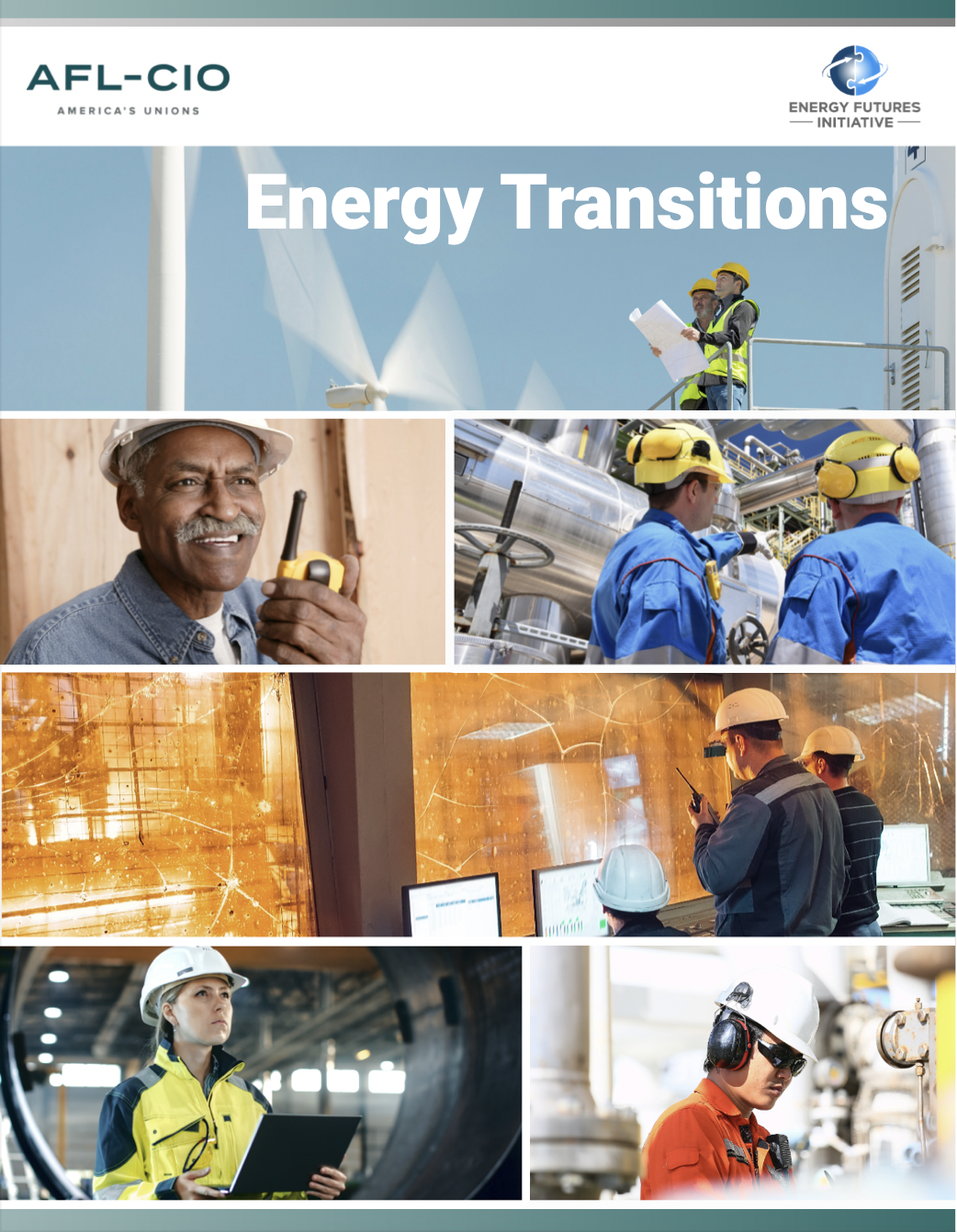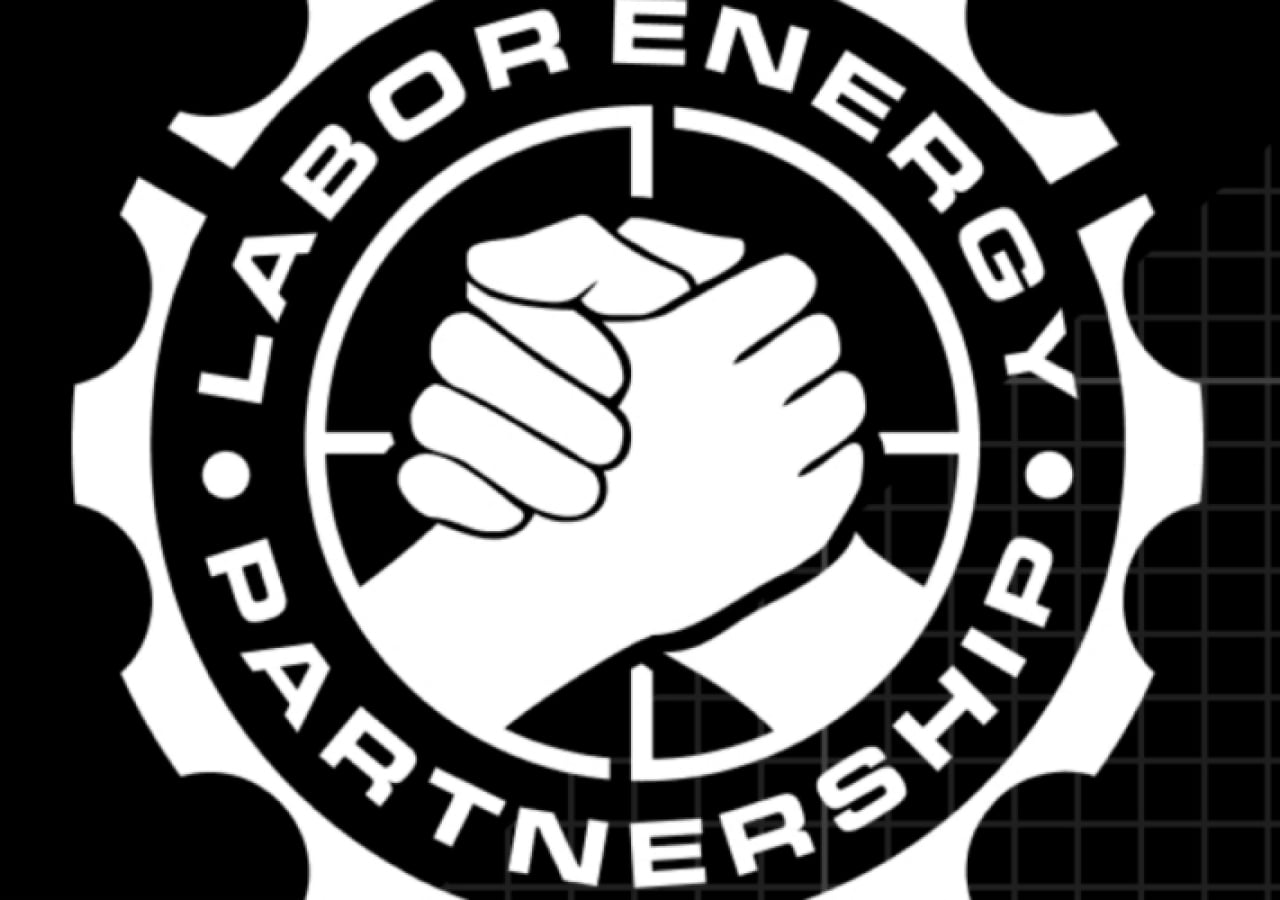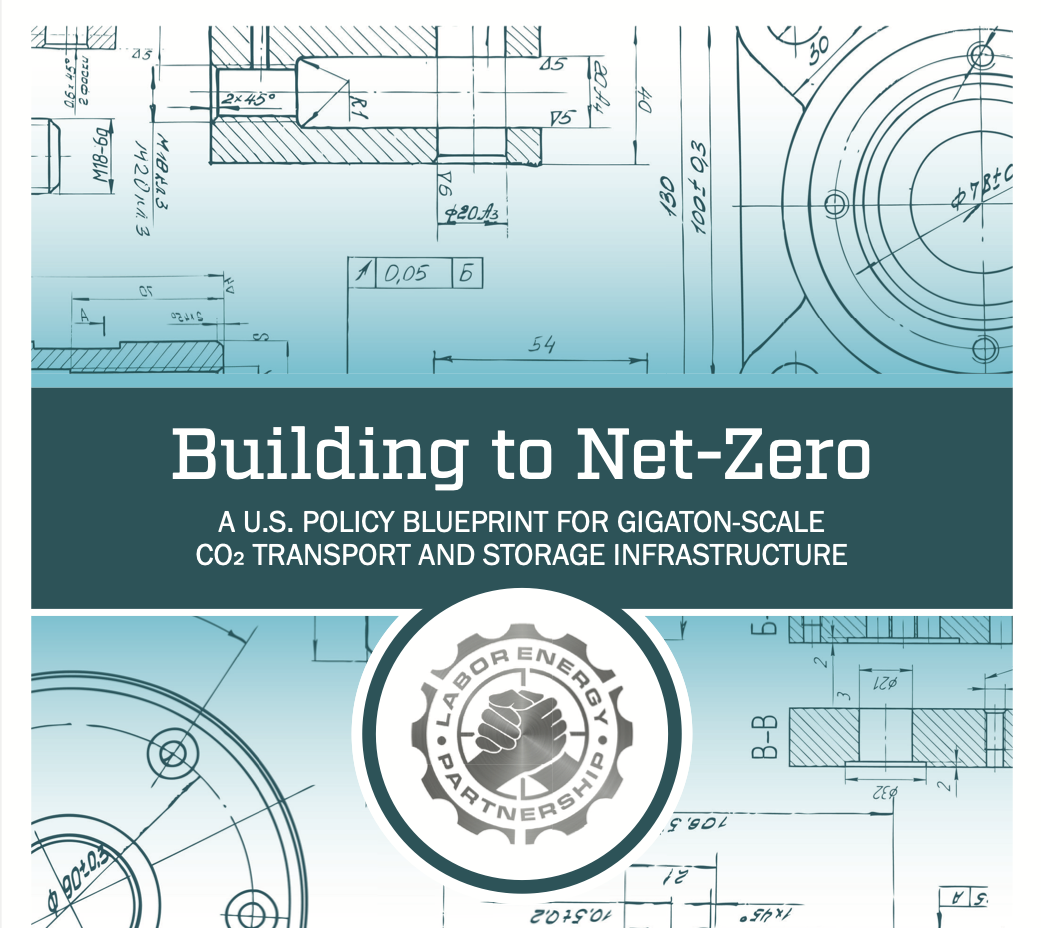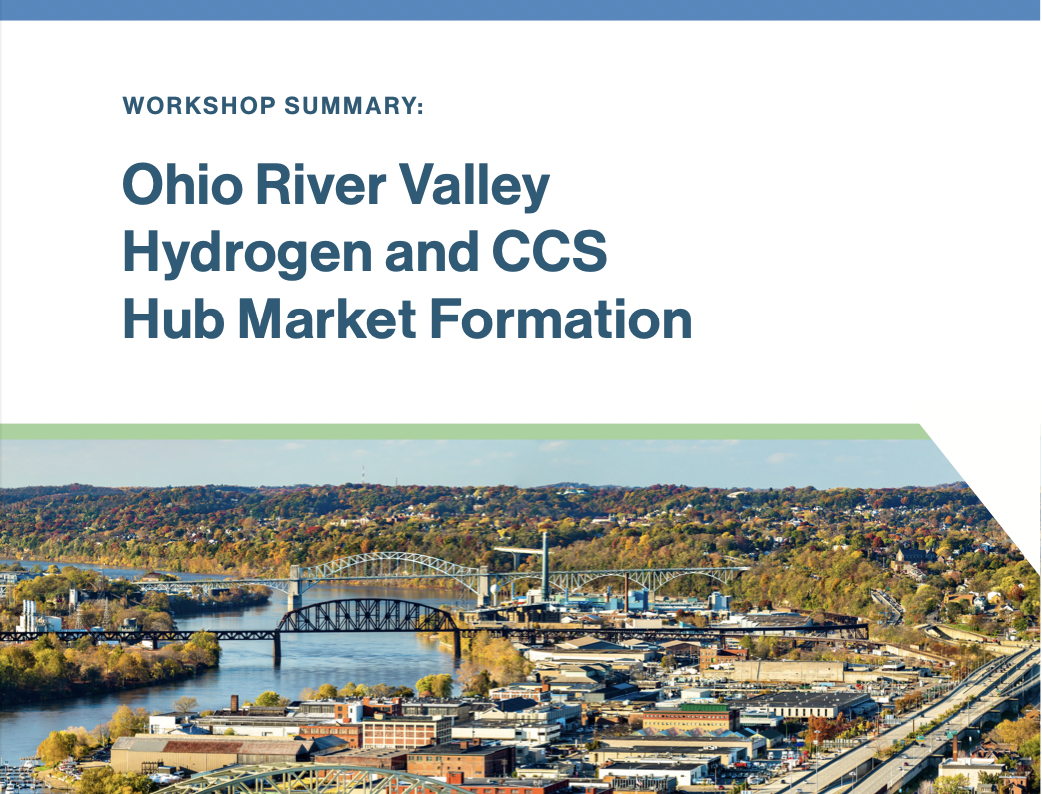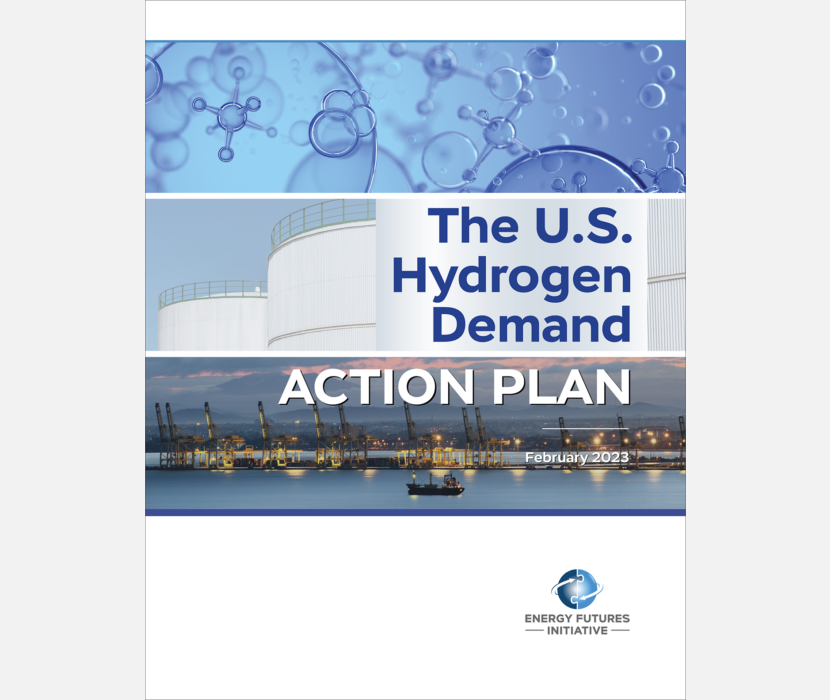Energy transitions: The Framework for Good Jobs in a Low-Carbon Future (September 2020) is a plan for a U.S. energy jobs recovery, produced jointly by the Energy Futures Initiative (EFI) and the American Federation of Labor and Congress of Industrial Organizations (AFL-CIO) under the Labor Energy Partnership (LEP). This LEP framework paper provides a comprehensive overview of a suite of climate and labor policies supported by EFI and the AFL-CIO that will accelerate America’s transition to a low-carbon economy while preserving and creating access to high-quality jobs.
“Our roadmap is based on the reality that there are no silver bullet solutions for net- zero emissions by midcentury,” said EFI CEO Ernest J. Moniz. “We need all-of-the-above solutions, broad coalitions, and major advances in energy innovation to reach our mid-century goals. This Labor-Energy Partnership framework offers a roadmap for that transition.”
“These technologies are crucial for winning the fight against climate change,” said Elizabeth H. Shuler, then Secretary-Treasurer of the AFL-CIO. “American innovation on technologies manufactured and installed by highly-skilled union labor offers the best chance for success.”
This report is the inaugural document of LEP and summarizes 10 key areas of analysis, the results of which will help guide LEP as it launches a multi-decadal effort to create a clean energy economy that is more equitable for all Americans and can be sustained across a diversity of political views, regional differences, and economic challenges for the next thirty years. These are the 10 key areas necessary for creating new jobs and advancing social equity in a deeply decarbonized economy:
- A national action plan for the deployment of carbon capture, utilization, and sequestration technology
- A priority energy infrastructure analysis that provides a roadmap for key energy infrastructure needs, financing mechanisms, and approval and permitting pathways
- Policies needed to site and permit new electricity transmission projects in the near term
- Options for safe and affordable preservation of the existing nuclear fleet and the deployment of next generation nuclear technologies
- Development of technology and policy pathways for the use of natural gas consistent with meeting climate goals
- An exploration of the economic challenges and costs and benefits of developing hydrogen as an alternative fuel for the transportation, power, and industrial sectors
- The expansion of energy efficiency finance mechanisms and policy recommendations to enable the full utilization of energy efficient technologies in commercial and residential buildings, industrial processes, and transportation
- An assessment of the capacity of the United States to mine, process, and manufacture the critical minerals and materials necessary for the domestic production of low-carbon technologies including, but not limited to, rare earths, lithium, cobalt, copper, nickel, and palladium
- An analysis of the offshore wind supply chain, including its raw material requirements, manufacturing technologies, and geographical differences between the East Coast, West Coast, and Great Lakes’ resources and policy options to encourage domestic manufacturing
- A roadmap for implementing natural and engineered carbon dioxide removal at scale.
EFI and AFL-CIO announced the formation of on Earth Day 2020. This report was references in an op-ed in The Hill.
Related Content
(Share this post with others.)


